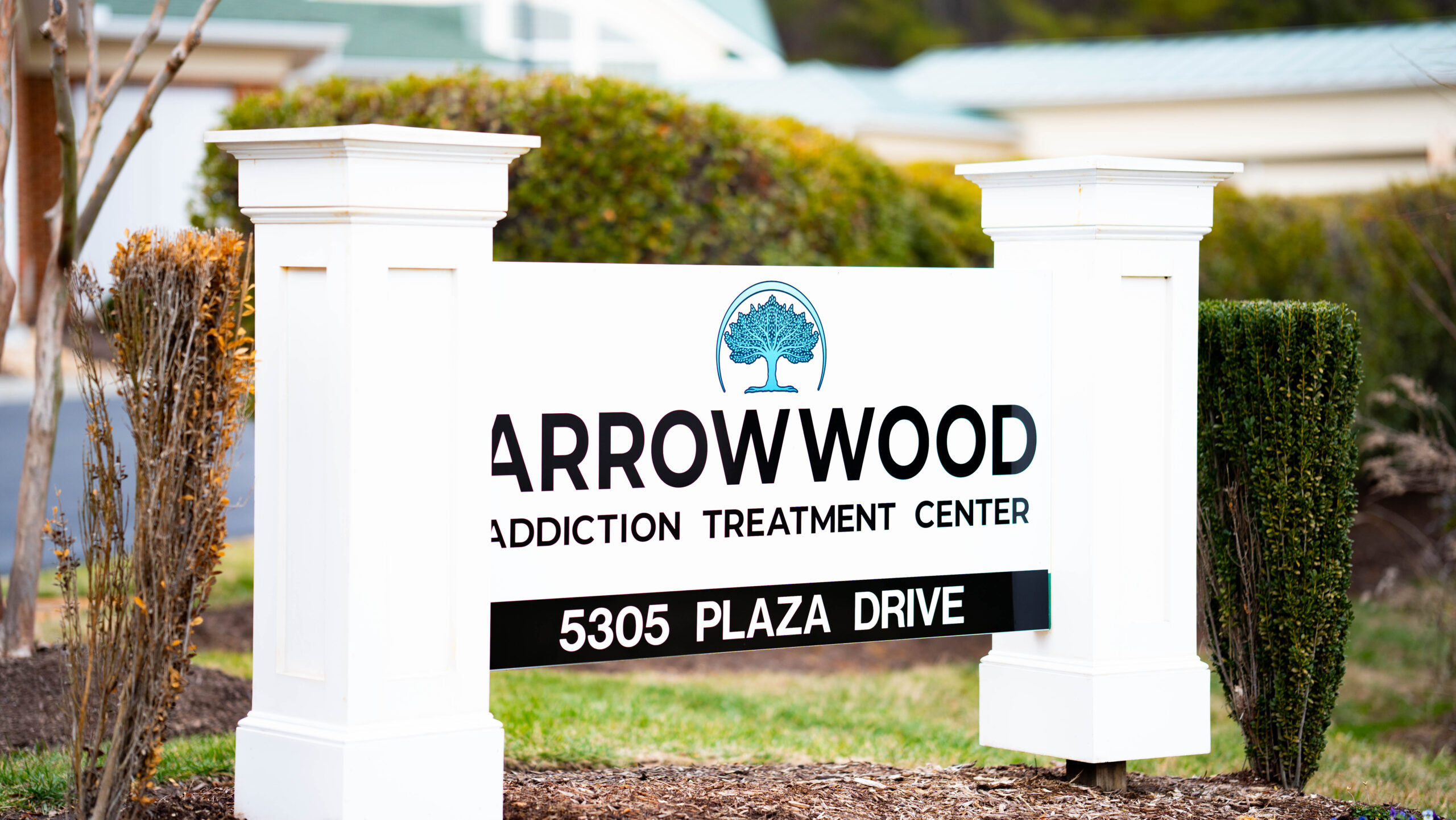Efficient Techniques: Assessing the Ideal Addiction Treatment Center
Efficient Techniques: Assessing the Ideal Addiction Treatment Center
Blog Article
Browsing the Trip of Detoxification in the Comprehensive Addiction Therapy Program
Starting the path of detoxification within the framework of a thorough dependency treatment program is a crucial stage in the trip in the direction of recuperation. The procedure of detoxification holds a considerable role in breaking the physical dependancy on substances and preparing the individual for the subsequent phases of therapy. Nonetheless, navigating with cleansing is not simply a matter of physical cleansing; it entails a complex interplay of psychological, emotional, and social elements that require careful consideration and support. As individuals face the obstacles of withdrawal signs and the unpredictabilities that exist ahead, having a durable support and a structured strategy system in position becomes vital. In this discussion, we will certainly check out the diverse aspects of detoxing within the thorough dependency treatment program and clarified the crucial components that form this transformative trip in the direction of healing.
Significance of Detoxing in Healing

Cleansing sets the foundation for the remainder of the dependency therapy program by preparing the person for more treatment and therapy. By cleaning the body of materials that have actually been clouding judgment and impacting habits, detox allows individuals to approach their healing with a clearer mind and stronger focus.
Furthermore, cleansing helps in managing the potentially severe withdrawal symptoms that may arise when drug or alcohol use is stopped. Physician closely keep track of people throughout detox to ensure their safety and security and offer required assistance. Through this procedure, individuals can start their trip in the direction of soberness with a supported mental and physical state, enhancing the possibility of a successful recovery.
Recognizing the Detoxification Process
Detoxification, a fundamental component of dependency therapy programs, involves a structured procedure targeted at safely eliminating dangerous substances from the body to promote an effective recovery trip. The detox procedure commonly begins with an assessment to assess the person's substance usage background, physical health, and psychological wellness. This assessment helps medical care experts establish the most ideal detox strategy tailored to the individual's demands.
During detoxification, the body undergoes withdrawal as it adapts to the absence of the compound. Withdrawal signs and symptoms vary relying on the kind of compound made use of, the duration of use, and specific elements. Clinical guidance during detox is critical to manage withdrawal signs and ensure the individual's security and convenience.

Taking Care Of Withdrawal Signs And Symptoms

Medicines might be utilized to alleviate particular withdrawal signs and symptoms and decrease pain. For example, drugs like methadone or buprenorphine can help manage opioid withdrawal signs, while benzodiazepines might be used for alcohol withdrawal. It is important for doctor to meticulously keep track of the individual's action to these drugs to ensure their safety and efficiency.
In enhancement to pharmacological interventions, helpful treatments such as counseling, peer support system, and alternative methods like mindfulness reflection or yoga exercise can assist people deal with the emotional and psychological challenges of withdrawal. By addressing withdrawal symptoms comprehensively, doctor can improve the cleansing experience and support individuals on their journey to recovery.

Assistance Equipments Throughout Detoxification
Support systems play a critical role in offering emotional and social aid to individuals undergoing cleansing in addiction treatment programs. During the detox process, individuals commonly experience a series of psychological and physical withdrawal symptoms, making this phase tough - Addiction Treatment Center. Having a strong assistance system in position can dramatically impact the person's ability to navigate through detox successfully
Assistance groups give a platform for individuals to attach with others who are going via similar experiences, supplying a sense of area and shared understanding. Health care specialists, including specialists, counselors, and physicians, play a vital role in keeping an eye on the person's progression, offering clinical assistance, and providing advice throughout the detox process.
Looking Ahead: Life After Detoxification
Having actually effectively finished the detoxification stage, individuals in dependency therapy programs now concentrate on getting helpful resources ready for the obstacles and opportunities that lie ahead in their journey towards healing. Life after detoxification notes an essential shift duration where people have to remain to build on the development made during detoxification to preserve their soberness. It is essential for people to recognize that the journey towards recovery is ongoing and requires devotion, dedication, and a readiness to welcome adjustment.
One secret element of life after detoxification is the advancement of coping mechanisms to handle triggers and yearnings that may occur. This may involve learning new skills, such as mindfulness practices, cognitive-behavioral methods, and anxiety management strategies, to browse tough situations without turning to material usage. In addition, individuals are encouraged to proactively participate in continuous therapy, assistance groups, and aftercare programs to strengthen their assistance network and get guidance as they browse the intricacies of life post-detox.
Final Thought
To conclude, detoxification is an essential part of the detailed addiction therapy program. Comprehending the detox procedure and managing withdrawal signs and symptoms are vital steps in the direction of healing. Support systems play a substantial function throughout this difficult trip. Addiction Treatment Center. Looking ahead, life after detoxification holds pledge for a healthier, substance-free future. It is essential to acknowledge the significance of detoxification in the process of overcoming dependency and moving towards a life of soberness.
Medical supervision throughout detox is vital to take care of withdrawal signs and make certain the individual's security and have a peek at this website convenience.
By understanding the detox process and its relevance in breaking the cycle of dependency, individuals can embark on a course in the direction of lasting recovery.
During the detox process, people usually experience a range of emotional and physical withdrawal signs, making this stage tough. Medical care specialists, including therapists, specialists, and physicians, play a vital role in checking the person's progression, giving clinical assistance, and supplying advice throughout the detoxification procedure.
Life after detox marks an essential transition period where people have to proceed to construct on the development made during detox to maintain their soberness.
Report this page